New Zealand's commitment to cultural reconciliation with the Maori has been a defining national narrative. However, the question remains: is this process genuinely inclusive? This article delves into this complex issue, examining New Zealand's unique socio-cultural dynamics and the tangible steps being taken towards genuine reconciliation. As healthcare consultants, understanding the broader cultural context can significantly impact both policy-making and service delivery, especially considering the historical and ongoing impact on Maori health and wellbeing.
Understanding the Cultural Reconciliation Process
The Treaty of Waitangi, signed in 1840, is often cited as the cornerstone of New Zealand's cultural reconciliation efforts. However, the implementation of its principles has been fraught with challenges. According to Stats NZ, Maori continue to face disparities in health, education, and income compared to non-Maori populations. This underscores the need for a more inclusive approach to reconciliation.
Pros and Cons of Current Efforts
Pros:
- Increased Awareness: Initiatives like Waitangi Day celebrations have raised awareness about Maori culture.
- Policy Implementation: The New Zealand government has introduced policies aimed at addressing inequalities.
- Economic Opportunity: Maori businesses are being supported through grants and programs, contributing to the economy.
Cons:
- Symbolic Efforts: Critics argue that some reconciliation efforts are more symbolic than substantive.
- Ongoing Inequality: The socio-economic gap remains significant, indicating that more needs to be done.
- Resource Allocation: Limited resources often hinder the implementation of effective programs.
Industry Insights: The Role of Healthcare
Healthcare is a critical area where cultural reconciliation can have a tangible impact. Maori populations experience higher rates of chronic diseases and lower life expectancy. The Ministry of Health's "Whakamaua: Maori Health Action Plan 2020-2025" emphasizes the need for culturally informed healthcare services to address these disparities.
Real-world examples, such as the Te Whare Tapa Wha model, illustrate how incorporating Maori cultural perspectives can improve healthcare outcomes. This holistic approach considers the physical, mental, spiritual, and family health dimensions, offering a framework that can be adapted across various sectors.
Case Study: Te Whanau O Waipareira Trust
The Te Whanau O Waipareira Trust in West Auckland provides a compelling example of successful integration of Maori cultural values into service delivery. The trust offers health, education, and social services that are culturally aligned with Maori values.
- Problem: High rates of preventable diseases among the Maori community.
- Action: Implementing culturally informed health programs.
- Result: Increased engagement and improved health outcomes, with a reported 30% reduction in hospital admissions for chronic conditions (Source: Ministry of Health).
- Takeaway: Culturally informed services can significantly enhance health outcomes and community trust.
Debunking Common Myths
- Myth: "Reconciliation is only about apology." Reality: It involves systemic change and partnership, focusing on equity and mutual respect.
- Myth: "Cultural programs don't impact health outcomes." Reality: Research from the University of Auckland shows that culturally sensitive care significantly improves health metrics.
- Myth: "Economic empowerment isn't part of reconciliation." Reality: Economic initiatives are crucial for sustainable reconciliation, as evidenced by the growing Maori economy.
Future Trends and Predictions
Looking ahead, the integration of Maori perspectives into national policies is expected to deepen. According to a report by Deloitte, by 2030, Maori will play a significant role in New Zealand's innovation and technology sectors, driven by initiatives that promote education and entrepreneurship.
Furthermore, healthcare strategies are likely to increasingly incorporate Maori health models, recognizing their effectiveness in addressing disparities. This shift not only benefits the Maori community but also enriches the entire New Zealand society by promoting inclusivity and diversity.
Conclusion
As New Zealand continues its journey towards cultural reconciliation, the inclusion of Maori perspectives is not just a moral imperative but a strategic advantage. For healthcare consultants, understanding and implementing these cultural insights can lead to more effective and equitable service delivery. What are your thoughts on this complex issue? Share your insights and continue the conversation.
People Also Ask
- How does cultural reconciliation impact healthcare in New Zealand? Culturally informed healthcare models improve engagement and outcomes, particularly for Maori communities, according to the Ministry of Health.
- What are the biggest misconceptions about cultural reconciliation? One common myth is that reconciliation is merely symbolic. However, it involves systemic changes and partnerships.
- What are the best strategies for implementing cultural reconciliation? Experts recommend integrating Maori perspectives into policies and services, ensuring community involvement for long-term success.
- What upcoming changes in New Zealand could affect reconciliation efforts? By 2026, policy updates in healthcare are likely to incorporate more Maori health models, enhancing inclusivity.
- Who benefits the most from cultural reconciliation? Maori communities, government sectors, and businesses benefit, fostering a more inclusive society.
Related Search Queries
- Cultural reconciliation in New Zealand
- Maori health disparities
- Te Whare Tapa Wha model
- Maori cultural impact on healthcare
- Economic empowerment of Maori
- Future of Maori businesses
- New Zealand's Treaty of Waitangi
- Inclusive policies in New Zealand
In conclusion, the path towards true cultural reconciliation in New Zealand is ongoing and requires sustained effort across all sectors. Join the discussion and share your views on how we can achieve a genuinely inclusive society.







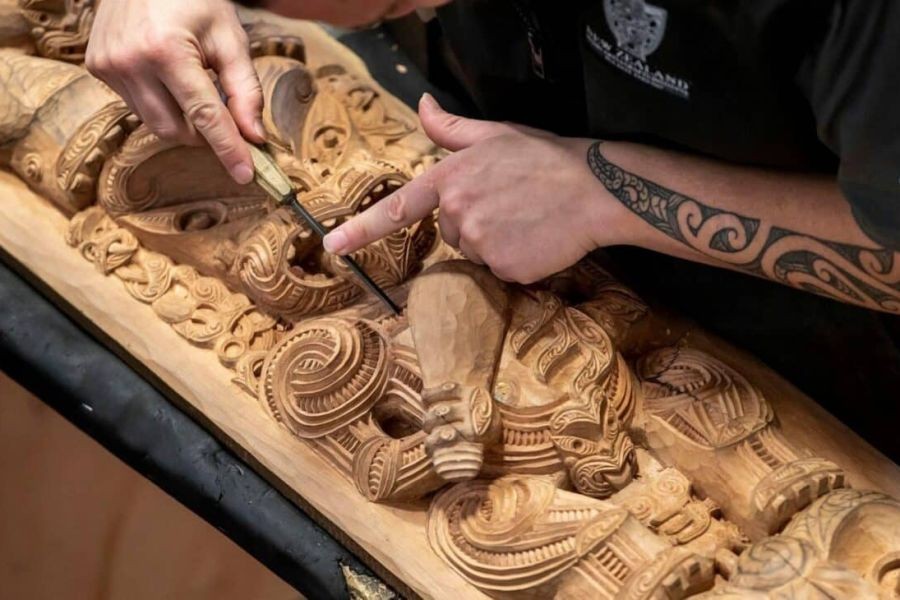










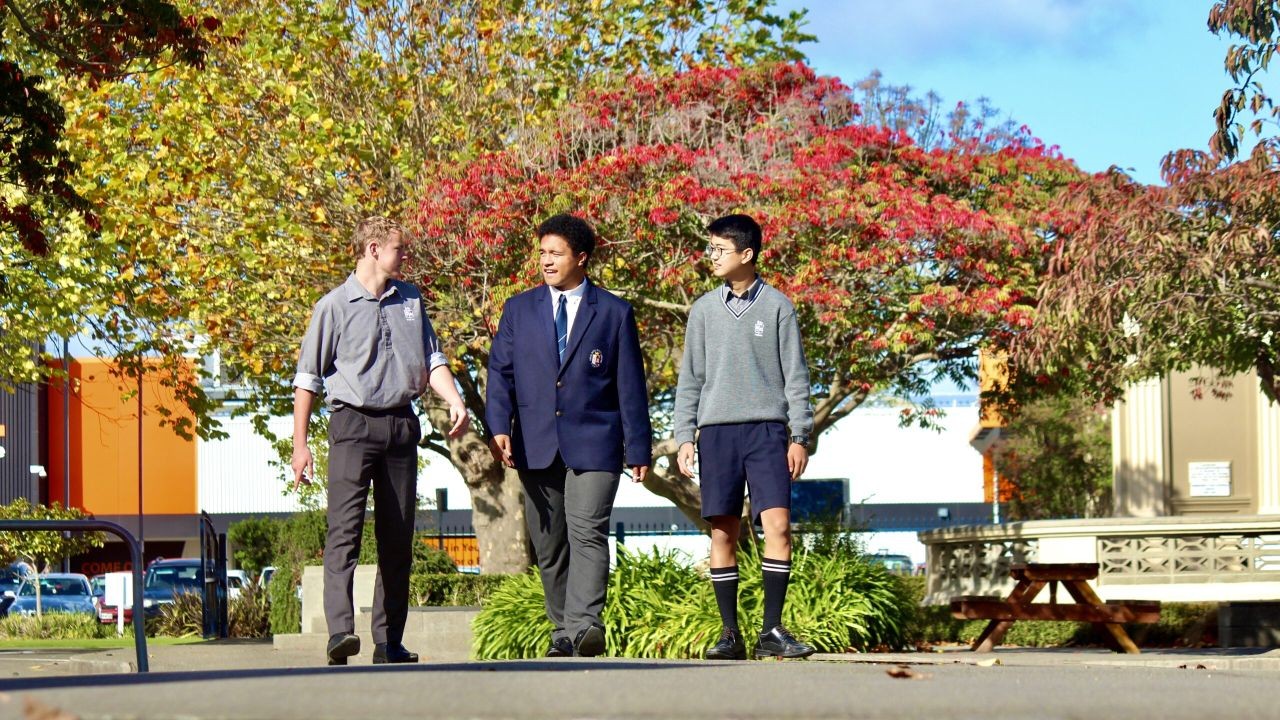





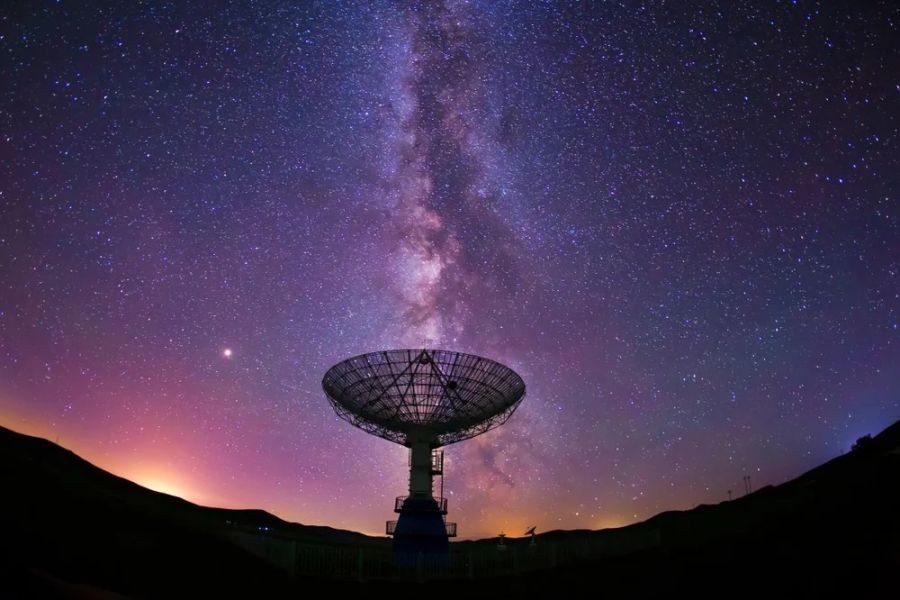
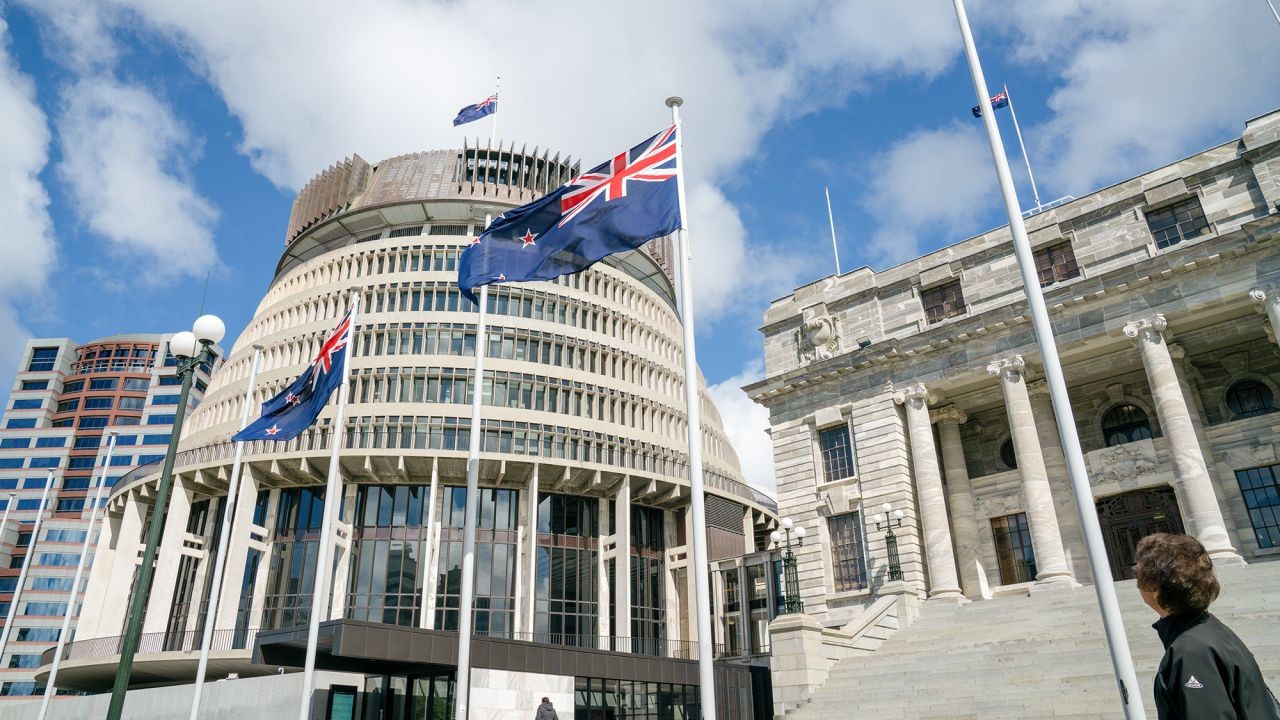

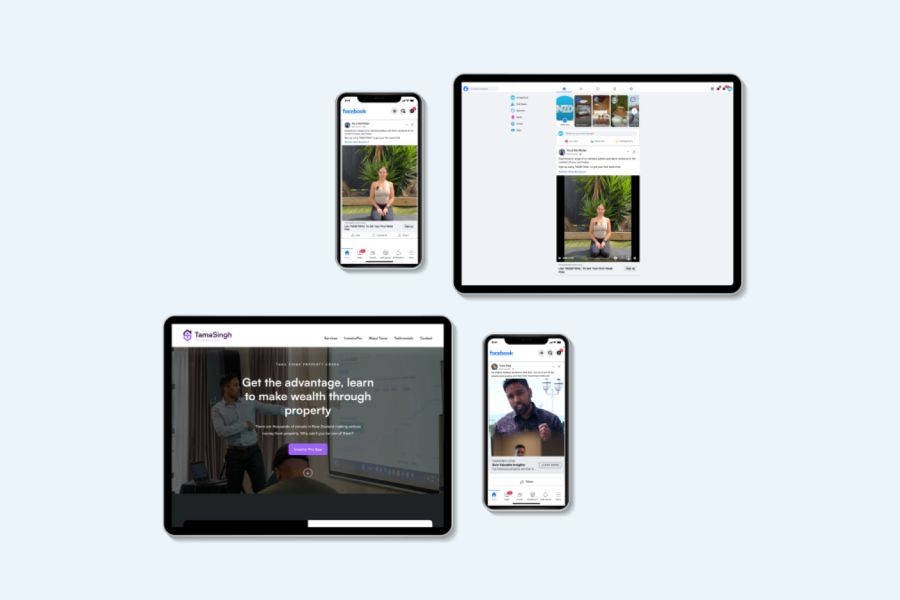





SvenConawa
9 months ago